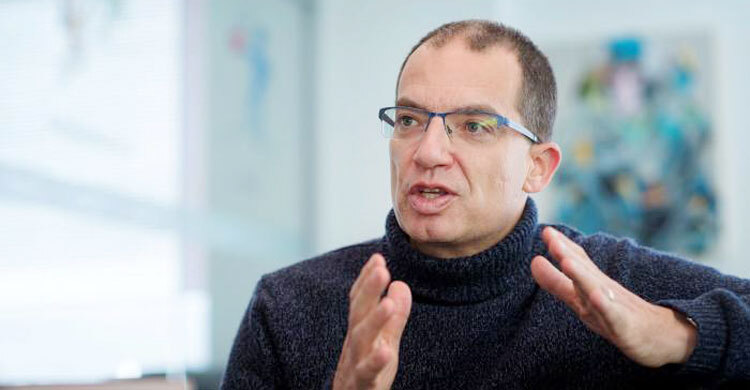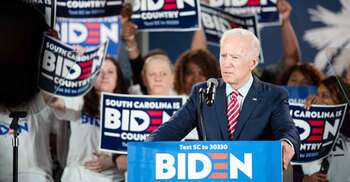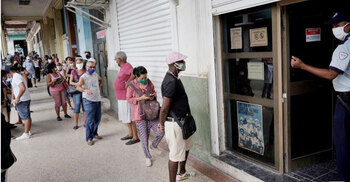Moderna chief says its vaccine won’t be ready before US election

The chief executive of Moderna Therapeutics, one of the companies developing a coronavirus vaccine, dealt a blow to Donald Trump’s hopes of having a jab ready before the US presidential election, saying his company would not be able to apply for authorisation until at least late November, reports The Financial Times.
Stéphane Bancel told the Financial Times on Wednesday that Moderna would not be ready to seek emergency use authorisation from the Food and Drug Administration before November 25 at the earliest.
He added that he did not expect to have full approval to distribute the drug to all sections of the population until next spring, undermining Mr Trump’s claim at Tuesday’s presidential debate that a jab would be available “a lot sooner”.
Speaking at the FT’s US Pharma and Biotech Conference, Mr Bancel said: “November 25 is the time we will have enough safety data to be able to put into an EUA [emergency use authorisation] file that we would send to the FDA - assuming that the safety data is good, ie a vaccine is deemed to be safe.”
The timeline for authorising a coronavirus vaccine has become one of the most divisive issues in US politics, and was the subject of an acrimonious exchange between Mr Trump and his Democratic rival Joe Biden during Tuesday night’s presidential debate.
Mr Trump insisted a vaccine would be available sooner than his own scientific advisers predict, and even directly contradicted Moncef Slaoui, the head of his White House vaccine task force, who has said he expects a jab to be generally available between April and June next year.
Mr Trump said on Tuesday night: “I’ve spoken to the companies and we can have it a lot sooner . . . I’ve spoken to Pfizer, I’ve spoken to all of the people that you have to speak to - Moderna, Johnson & Johnson, and others. They can go faster than that by a lot.”
He added: “It’s a possibility that we’ll have the answer before November 1.”
He also accused Mr Biden of politicising the vaccine development process, saying: “People like this would rather make it political than save lives.”
Mr Bancel said Moderna would not be ready to file an application to serve the whole population until at least late January, making March the earliest he thought it could be approved. “I think a late [first quarter], early [second quarter] approval, is a reasonable timeline, based on what we know from our vaccine.”
He added it would not be possible for Moderna to file for a limited emergency authorisation before November 1, due to guidelines agreed with the FDA that require at least half of trial participants to have undergone two months of screening following their final injection.
The FDA guidelines have themselves been contentious, with Mr Trump calling them “political” and threatening to overrule them. But Stephen Hahn, the head of the FDA, told the FT conference earlier this week that his agency would stand by them even in the face of political pressure.
Those guidelines mean that Mr Trump’s most realistic hope of a pre-election vaccine is likely to come from Pfizer, whose chief executive Albert Bourla has said he hoped to have “an answer” on his company’s vaccine by the end of October.
Mr Bancel told the FT that Pfizer was on an accelerated timeline because of a shorter period between its two shots, as well as the way the company has designed its trials.







